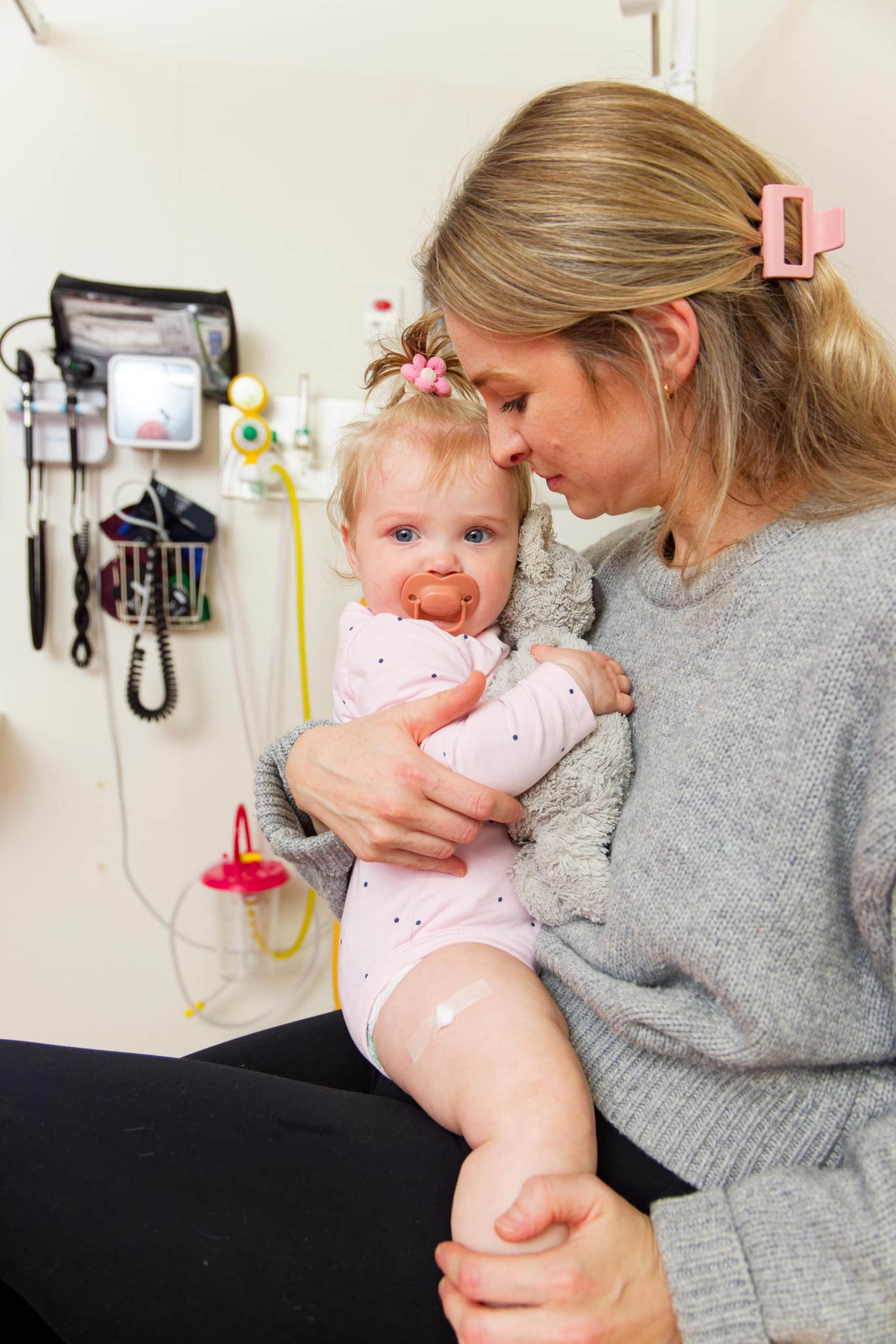Search
The essential facts that all parents should know
The Centre is committed to supporting high quality research by providing support for researchers to undertake activities of high priority to the WCVID.

Join us for stories, imagination and connection in the Discovery Centre

A powerful screening of truth telling that captures the stories of the Western Australia Stolen Generation.

News & Events
Kids researchers using real tonsils in quest to develop new Strep A vaccineA new study underway at the Wesfarmers Centre of Vaccines and Infectious Diseases, based at The Kids Research Institute Australia, is deliberately infecting tonsils with Strep A in the laboratory to test a range of potential vaccine candidates.

News & Events
Australia on the cusp of one-shot meningococcal protectionA life-saving meningococcal vaccine covering all five common strains of the deadly disease could soon be available thanks to vital research demonstrating the safety and effectiveness of a combination Men ABCWY vaccine.

News & Events
Raine Foundation support for researchers from The KidsCongratulations to six researchers from The Kids Research Institute Australia, who will use valuable support from the Raine Medical Research Foundation’s 2024 grant round to undertake projects focused on improving the health and wellbeing of babies, children and young people.

News & Events
Prestigious invite for WA infectious disease expertsTwo Perth clinician-scientists have been recognised as national leaders in infectious disease research after being elected as Fellows of the esteemed Australian Academy of Health and Medical Sciences.

News & Events
Major funding announced to kickstart key WCVID projectsThe Wesfarmers Centre of Vaccines and Infectious Diseases (WCVID) awarded three successful recipients with Catalyst research grants, with each researcher receiving $80,000 towards their chosen project.

News & Events
Multi-million-dollar investment in child health to support vital researchFour The Kids Research Institute Australia researchers have received prestigious fellowships and four significant cohort studies led or co-led by The Kids have received key grants under two new funding programs supported by the State Government’s Future Health Research and Innovation (FHRI) Fund.
